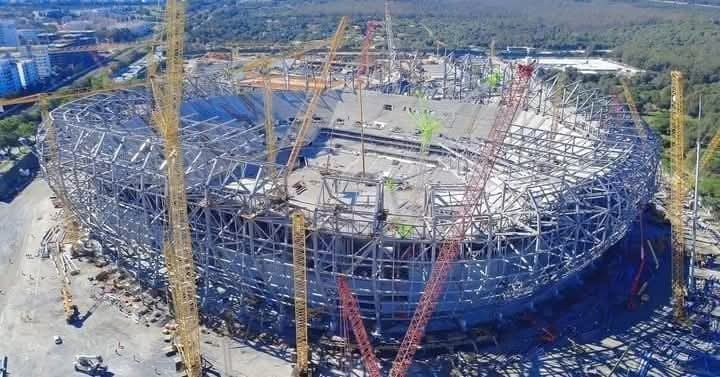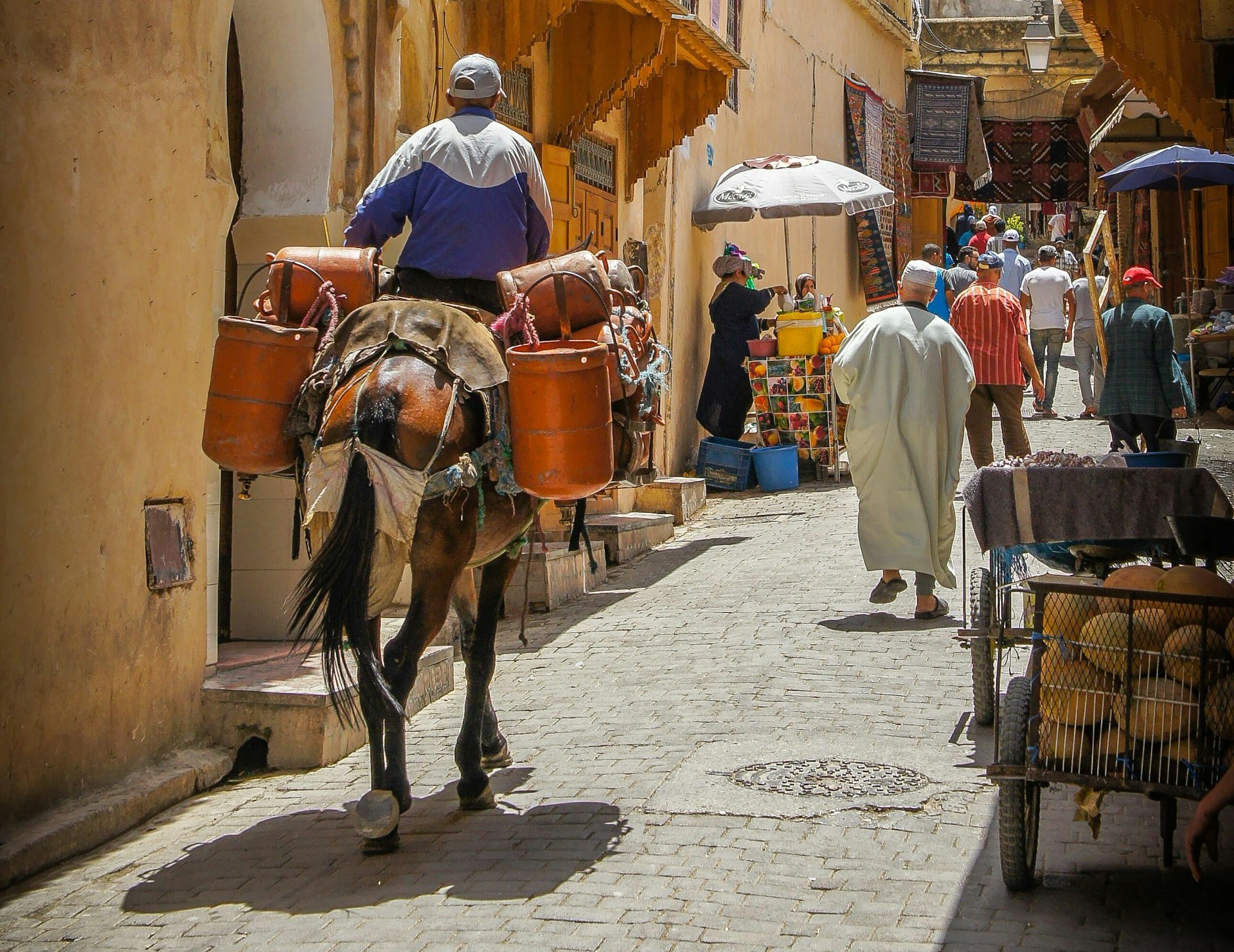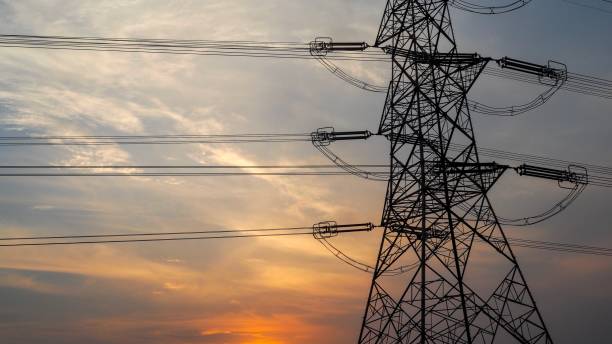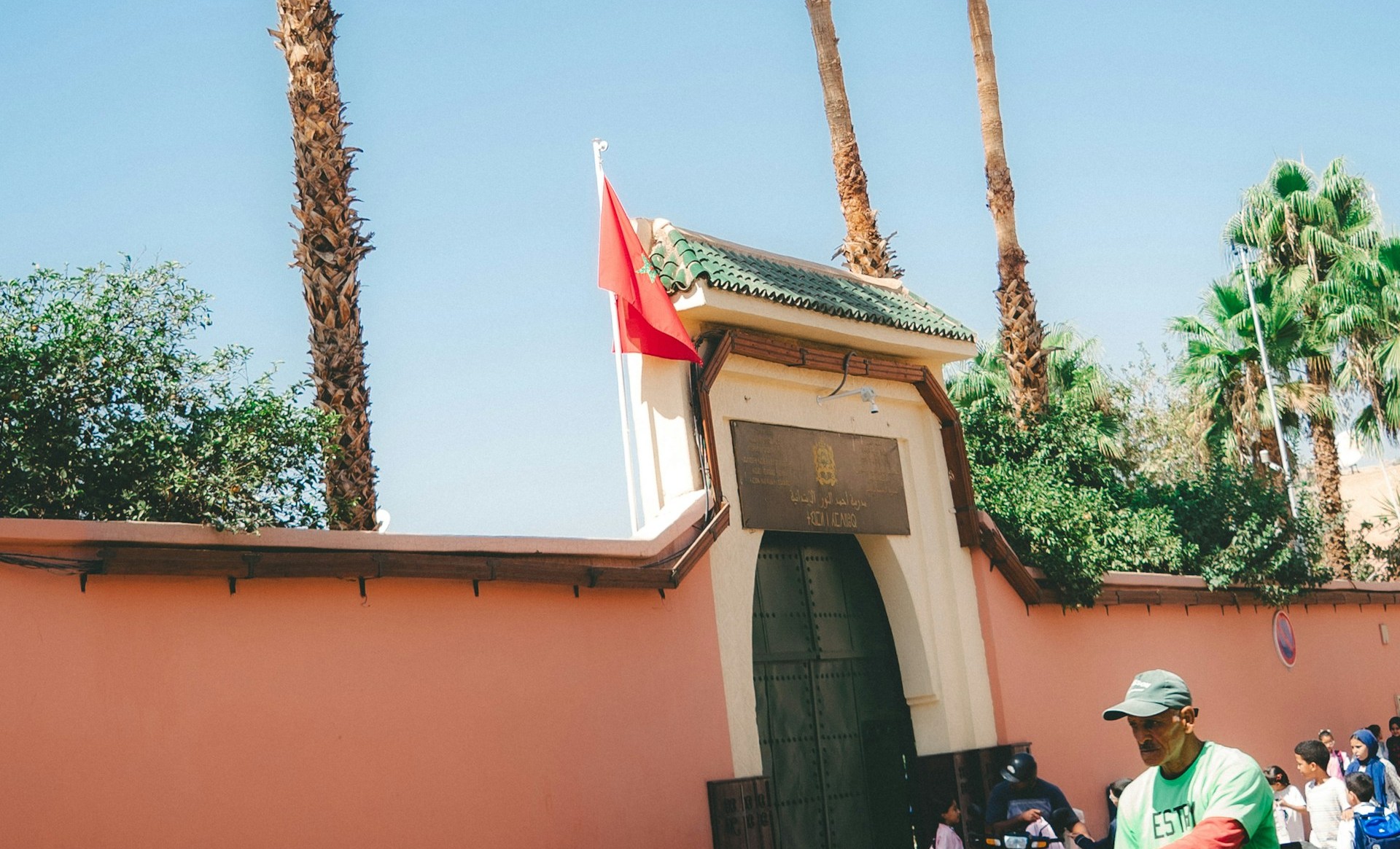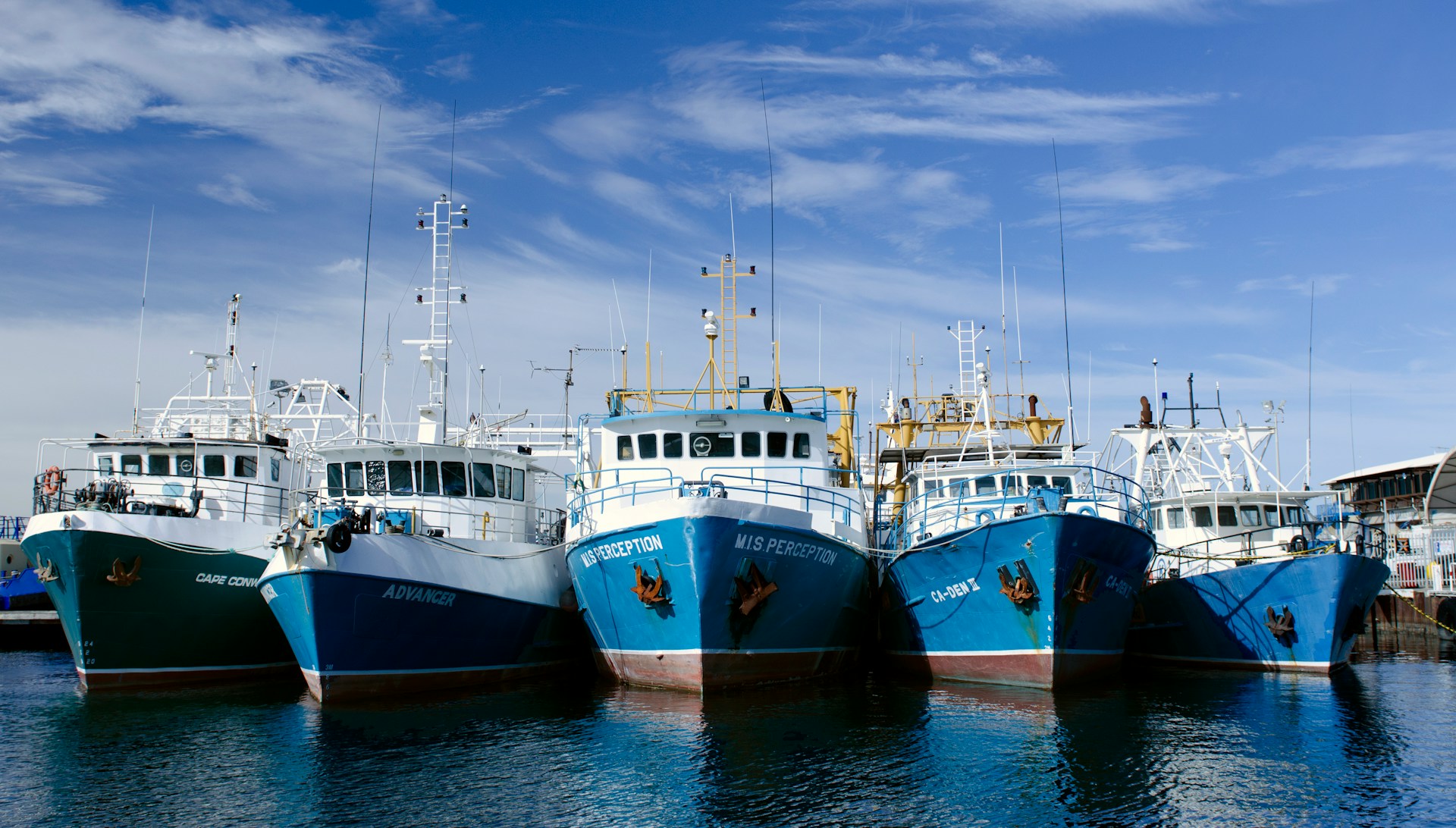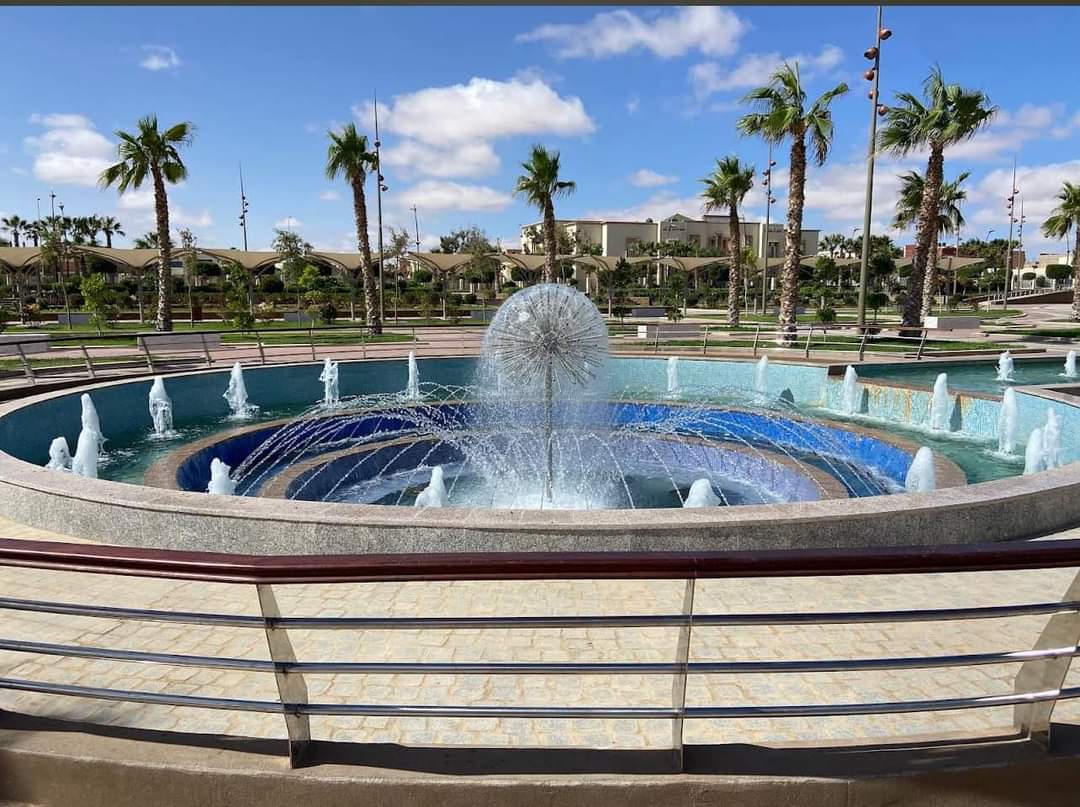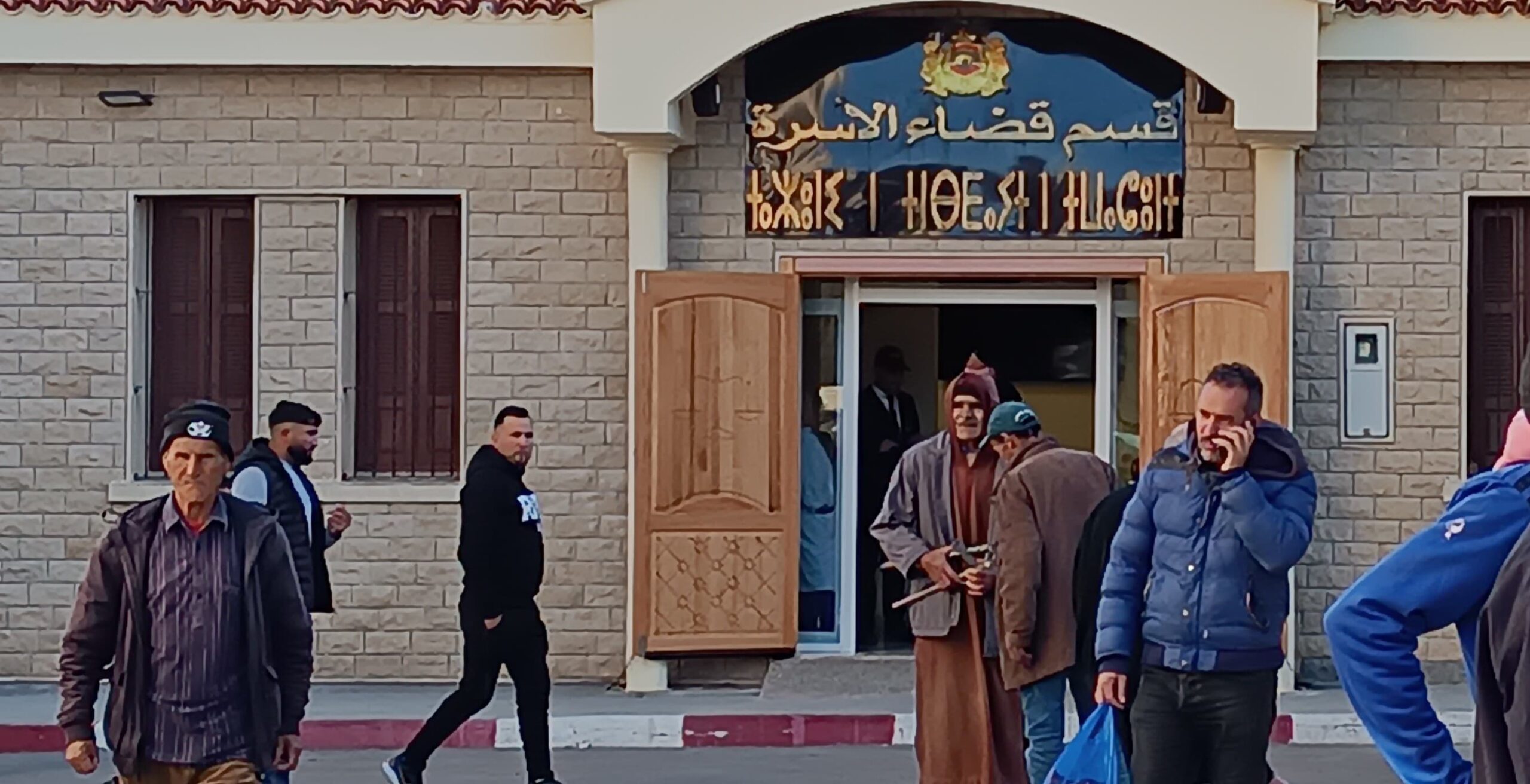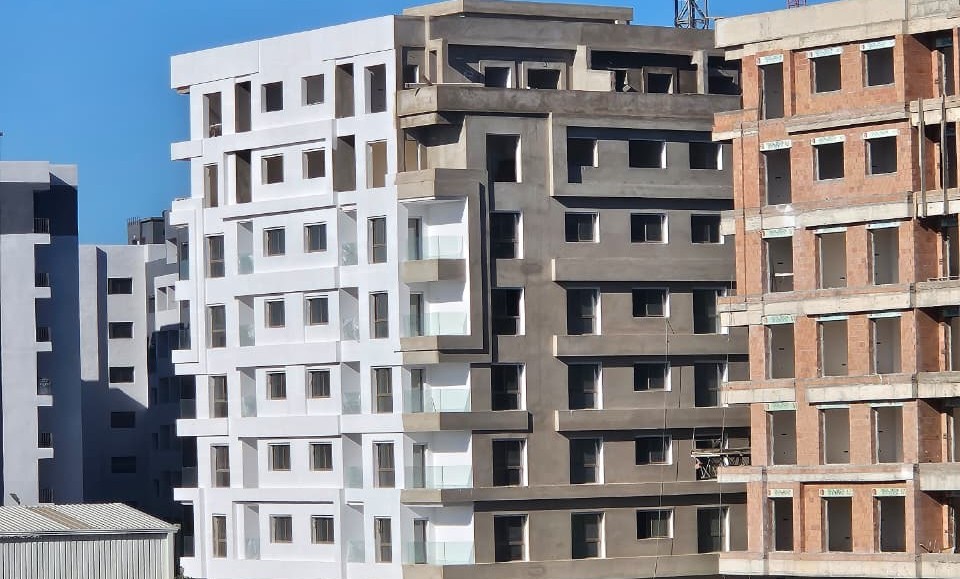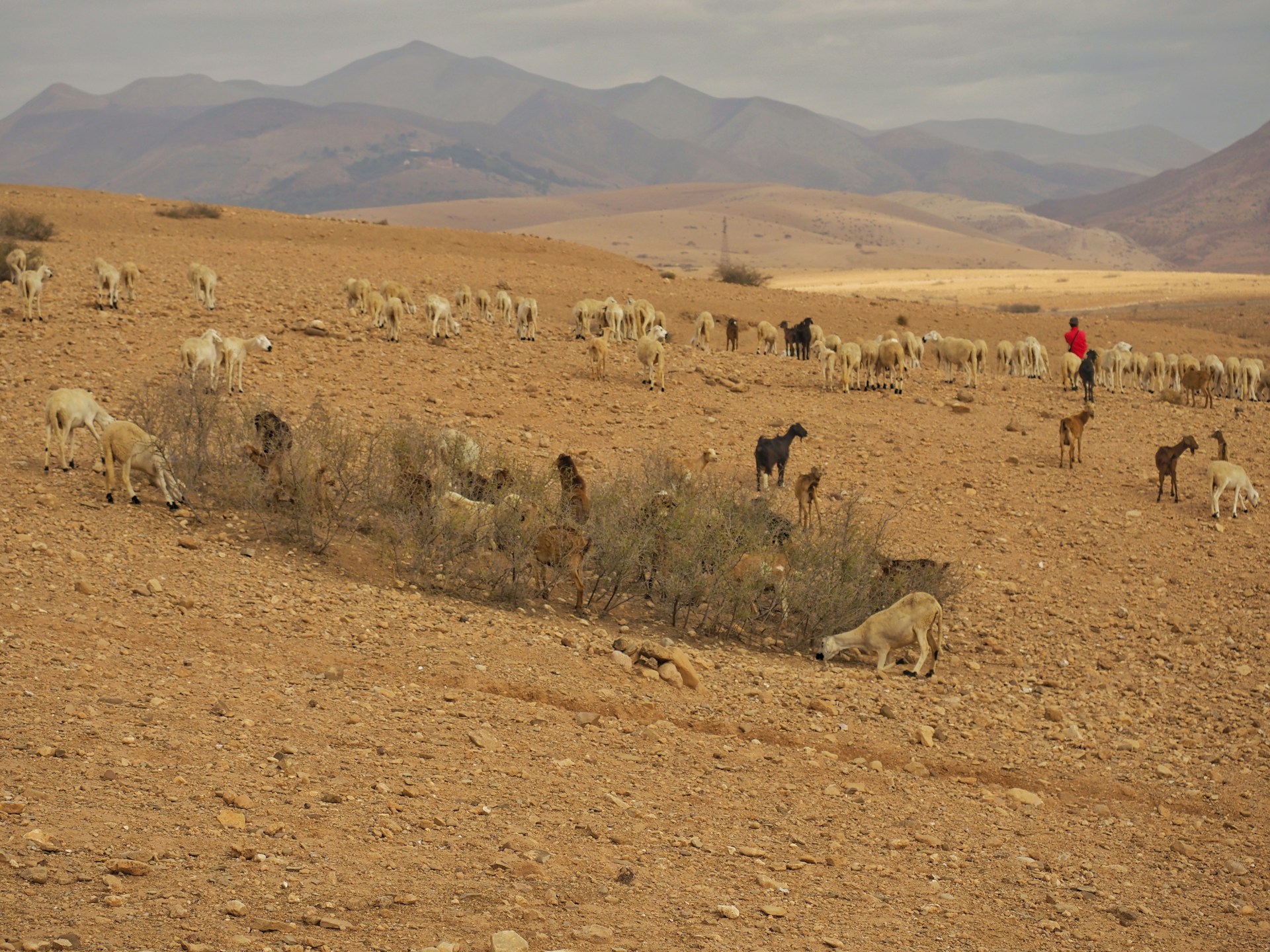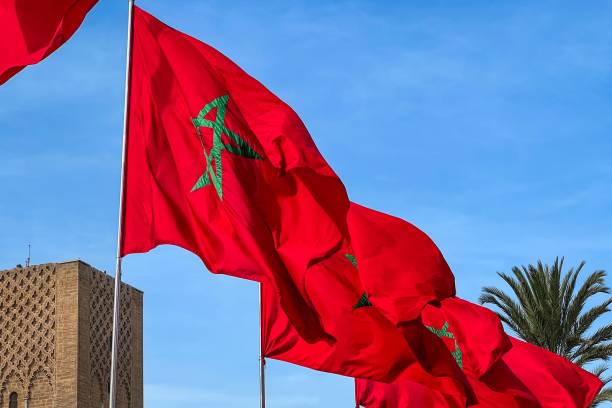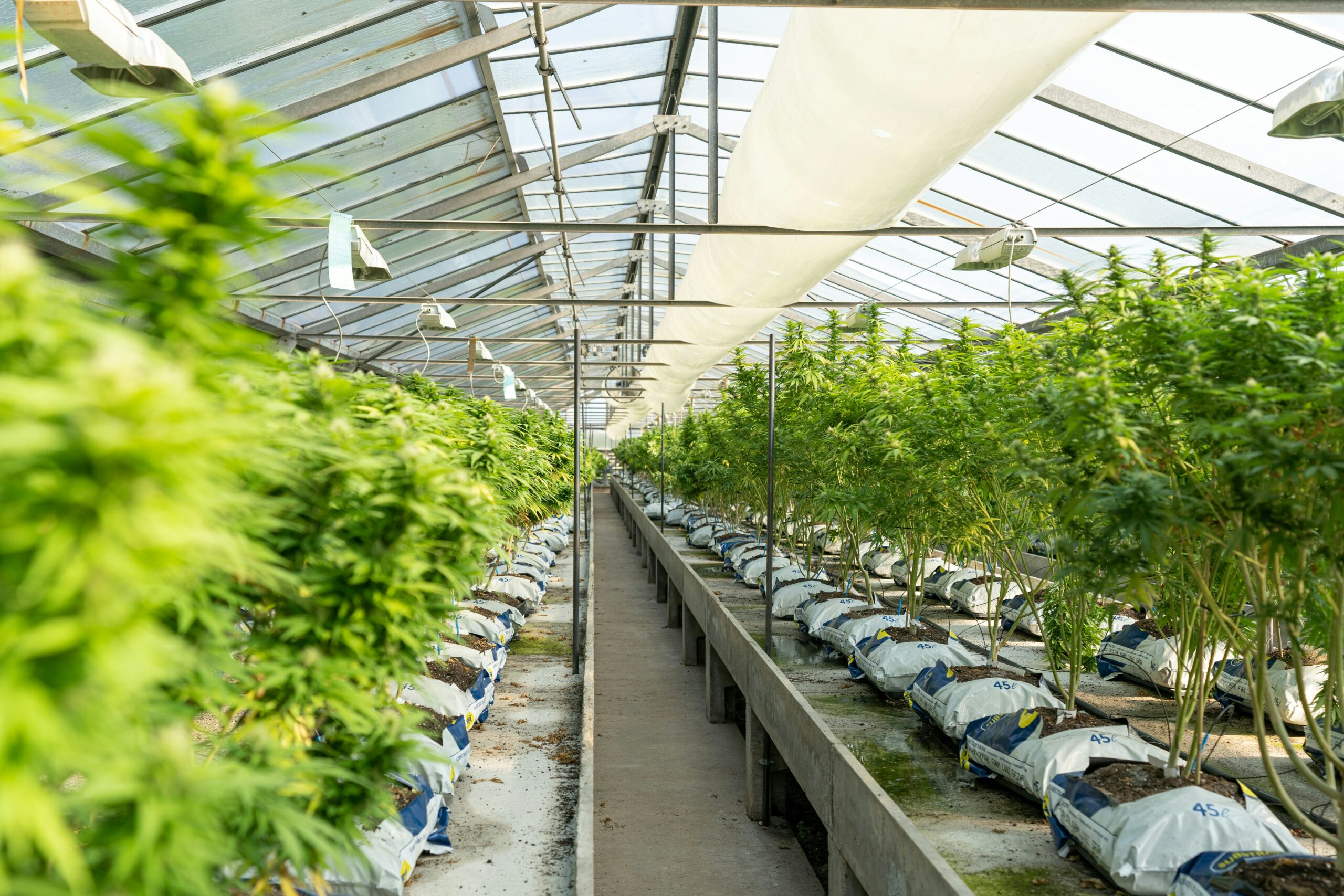Casablanca – As Morocco prepares to host two of the most significant sporting events in recent history—the 2025 Africa Cup of Nations (AFCON) and the 2030 FIFA World Cup—there is a palpable sense of excitement and anticipation across the country. With these major tournaments on the horizon, Morocco is investing heavily in infrastructure, logistics, and various support services to ensure a world-class experience for both participants and spectators. The kingdom is positioning itself as a leading global sports destination, capable of hosting major international events with sophistication and efficiency.
State-of-the-art sports infrastructure
A cornerstone of Morocco’s preparations is its advanced sports infrastructure, which meets international standards. The country is upgrading its stadiums and sports complexes to ensure they are not only modern but equipped with the latest technologies. Key venues include the Mohammed V Sports Complex in Casablanca, the Prince Moulay Abdellah Sports Complex in Rabat, Tangier, Fes, Marrakesh and Agadir stadiums. These stadiums are undergoing comprehensive renovations to accommodate the large crowds expected at both the Africa Cup of Nations and the World Cup.
In addition to these iconic venues, new stadiums are under construction, with the “Grand Casablanca Stadium” set to be among the best in the world. These developments are a clear indication of Morocco’s commitment to providing high-quality facilities that meet the needs of global sporting events.
Logistics and transportation upgrades
In order to manage the massive influx of visitors, Morocco is investing in significant upgrades to its transportation infrastructure. With improved railway networks, modernized airports, and upgraded roads, the country is enhancing its connectivity to ensure smooth transportation for both teams and fans.
The rail network is being expanded to offer faster and more efficient travel between host cities. High-speed rail routes will link major urban centers, making it easier for spectators to travel between stadiums. Furthermore, Morocco’s airports, including those in Casablanca, Marrakesh, and Tangier, are undergoing major renovations and expansions to handle the increased passenger traffic. These efforts will ensure that arriving visitors can seamlessly transition from airports to their hotels or sporting venues.
In addition to air and rail transport, Morocco is focusing on improving its road infrastructure to ensure easy movement of both vehicles and pedestrians. This will help alleviate traffic congestion during the events and provide a smooth experience for all attendees.
Accommodation and services
Morocco is not only upgrading its sports venues and transportation networks but also significantly improving the accommodations and services available for tourists, athletes, and officials. Hotels across host cities are being renovated and expanded, with new luxury and mid-range hotels opening to meet the demand from the influx of international visitors.
Additionally, the government is working to ensure that accommodations meet the standards required for international events, focusing on creating a welcoming environment for fans and participants alike. Beyond lodging, the country is enhancing its logistical services, ensuring that transportation, catering, and event management are all handled efficiently.
Political support and strategic vision
At the heart of these preparations is the unwavering support of the Moroccan government, which has made hosting these events a national priority. King Mohammed VI has placed significant emphasis on using sports as a tool for development, and the country’s leadership is committed to ensuring the success of these events.
This political backing is instrumental in overcoming any obstacles that might arise, from securing funding to overcoming logistical challenges. The Royal Moroccan Football Federation, led by Fouzi Lekjaa, has worked tirelessly to ensure that both the Africa Cup of Nations and the World Cup align with Morocco’s broader vision of sports as a catalyst for growth.
Cultural and economic opportunities
Beyond the immediate benefits of the tournaments, Morocco views these events as key opportunities to promote its cultural and tourism offerings. Hosting the Africa Cup of Nations and the 2030 World Cup will not only highlight Morocco’s sporting capabilities but also boost its economy by attracting tourists and investment. The country’s rich history and vibrant culture make it an ideal destination for international visitors, and the spotlight created by these tournaments will undoubtedly drive interest in Morocco as both a tourism and business hub.
Overcoming challenges with innovation
While Morocco’s preparations are moving forward with impressive speed and determination, the country faces challenges typical of hosting large-scale events. Managing crowd flow, ensuring security, and maintaining safety protocols will be critical in ensuring the smooth execution of both the Africa Cup of Nations and the World Cup. Additionally, Morocco must continue to improve its services in less developed regions to ensure that the benefits of these tournaments are felt nationwide.
However, these challenges are being met with innovation and planning. The country is learning from its past experiences, having successfully hosted several major international events, including the FIFA Club World Cup and the Mediterranean Games. Morocco is also collaborating with global experts to ensure that every detail—from transportation and security to fan engagement—is addressed meticulously.
A bright future for Morocco’s sports scene
As Morocco advances in its preparations for the 2025 Africa Cup of Nations and the 2030 World Cup, the kingdom is laying the groundwork to become a leading force in global sports. With its modern infrastructure, strategic vision, and political commitment, Morocco is poised to showcase its organizational prowess on the world stage. These events will not only elevate the country’s status as a sports destination but also provide a platform for economic growth, cultural exchange, and international cooperation.
By seamlessly integrating logistics, infrastructure, accommodation, and political support, Morocco is set to provide a world-class experience for athletes and fans alike, cementing its place as a rising sports powerhouse in Africa and beyond.






